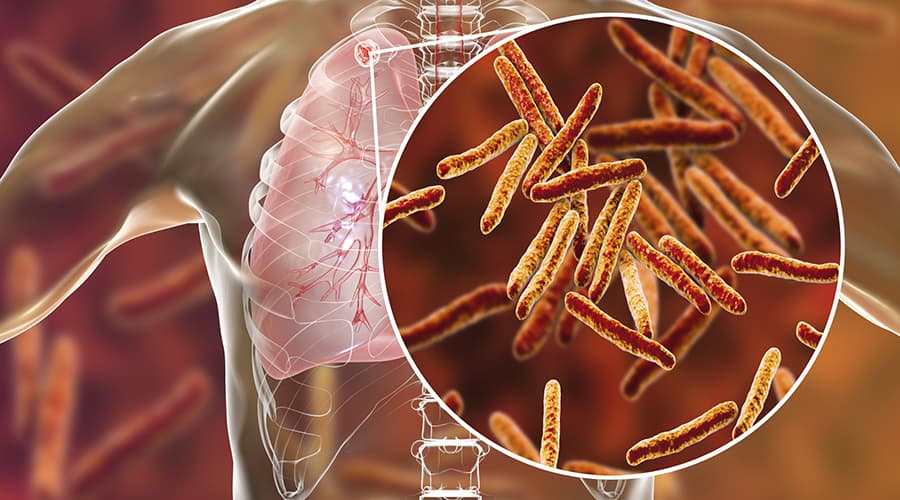
Researchers at MIT seeking answers
Researchers at Massachusetts Institute of Technology (MIT) have found that acidic environments enable tumor cells to strengthen through protein production. When acidic surfaces extend beyond a tumor’s interior, and come into contact with healthy tissue, cancer can spread.
Those pathologists who review tissue biopsies to diagnose cancer and who recommend and test the most effective means of fighting the disease will be most interested in their findings. While no new clinical tests have been developed as a result of the study, the research findings were published in Cancer Research, along with an explanation of how tumor acidity can be identified and reversed accordingly.
“Acidification of the microenvironment plays established roles in tumor progression and provides a hostile milieu that advantages tumor cell survival and growth compared to non-cancerous cells,” the researchers wrote in Cancer Research.
Medical News Today reported that the MIT scientists used pHLIP to map the acidity in human breast cancer tumors implanted in mice. When it detected a cell in an acidic environment, pHLIP sent a small protein molecule into the cell’s membrane. The scientists found that acidosis was not confined to the oxygen-rich tumor core.
“We characterized the spatial characteristics of acidic tumor microenvironments using pHLIP technology, and demonstrated that tumor-stroma interfaces are acidic, and that cells within the acidic front are invasive and proliferative,” researchers wrote.





